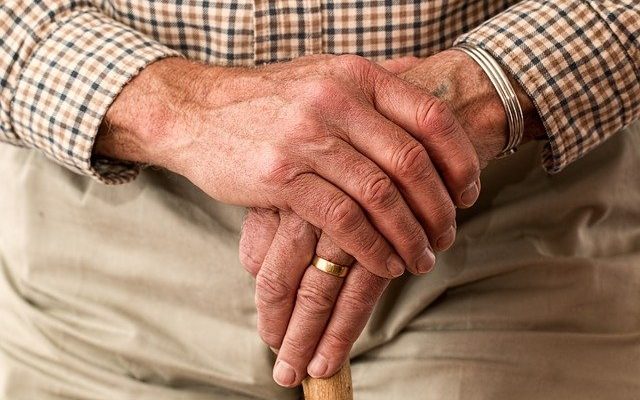How To Care For A Stroke Survivor
When someone close to you has suffered a stroke they’ll likely need a lot of support from loved ones when they return from the hospital. You may be fortunate enough to be in a position where you can access a Live-in Care Worker for your loved one; in this case, a lot of the day to day caring is managed and you can spend the majority of your contact time helping to enrich the survivors’ social life, and providing emotional support. However, in the instance where you are not able to access a Care Worker, you might unexpectedly become your loved ones carer.
Here we provide some essential tips for caring for a stroke survivor, plus some further reading to help your understanding.
Daily Rehabilitation For Stroke Survivors
One of the most common side effects of a stroke is a loss of mobility. Whether it is localised to one area or spread over multiple limbs, the most important thing for either case is daily rehabilitation. During recovery, the individual is working on rebuilding neural pathways in their brain, it’s often not a case of the individual forgetting how to perform certain tasks/actions, it’s that their brain needs to reconnect the pathways to physically undertake the motion. Through a process called neuroplasticity the individual may be able to regain some level of mobility.
As a care provider, you should be encouraging the individual to perform repetitive tasks to help the brain reconnect the thought of an action with the motion of the action. Remember that it will often feel very defeating for a stroke survivor if they are struggling to move as freely as they once did, so patience is the key. Building their range of motion will take time so any changes in ability should be celebrated.
Supporting Independence For Stroke Survivors
Similarly, it can be really tempting to perform the smaller tasks for the individual in order for them to conserve energy for rehabilitation exercises, however it is often better to let the individual perform these smaller tasks themselves. They might struggle with the motion, but the sense of pride gained if they are able to complete it independently, is a huge boost to mental health and re-energises them as a signifier for progress.
Remember, stroke rehabilitation is all about the brain and body reconnecting and relearning range of motion, in order to succeed limits must be tested. In a similar way to how you help and push a young child learning to walk, even though it’s hard you don’t restrict them from trying, they may fail a hundred times, but make progress each time.
Emotional Support & Boosting Mental Health
When a stroke happens, the lifestyle of the individual changes drastically and suddenly. What was once a simple and mindless task can become extremely difficult that requires a high level of concentration. For this reason, stress and anxiety levels can increase and can emotionally drain the individual. Your role as a carer is to keep spirits high but also be respectful to their needs at the time.
Sudden outbursts of emotions can be due to the pseudobulbar affect. After traumatic brain injuries, the prefrontal cortex could be damaged which is the area that helps to control emotions. Symptoms of PBA typically aren’t directly linked to mood, for example, an individual might feel perfectly happy but begin to cry uncontrollably, or feel sad but begin to laugh. Most times the changes are quick so it is easy to mistake them for symptoms of depression or bi-polar disorder, but sometimes the change is much more frequent so it appears that they spend most of their time either laughing or crying.
The emotional toll of a stroke and the other disorders that may develop around it can be huge and can greatly affect the recovery process.
If you are looking after someone or preparing to look after someone that has suffered a stroke within their own home, get in touch with us to see how a Live-In Care Worker for Stroke Survivors from Promedica24 could support the individuals progress and support you.
If you would like to find out more or access our services, please visit promedica24.co.uk to use our online chat service. You can also get in touch with our team on 0800 086 8686 or by sending an email to care@promedica24.co.uk. If you’d like to assess your care and support needs rapidly online, we have a tool available for you to do this.
